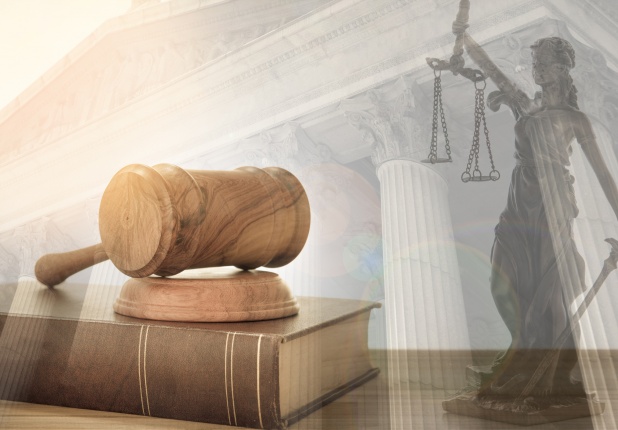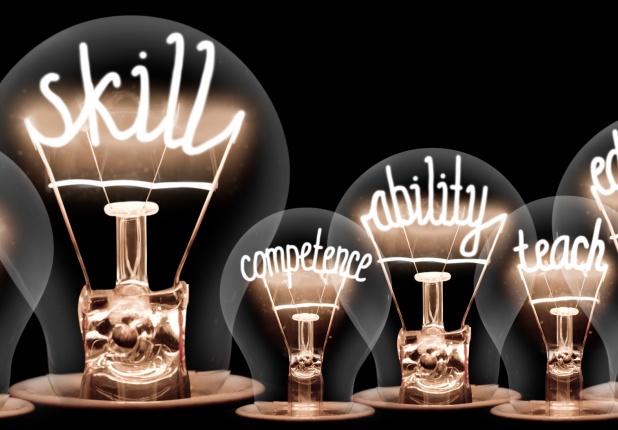Finding Proportionality in a Phased Approach to E-Discovery
Two recent decisions highlight the usefulness of phased e-discovery as a tool to satisfy Rule 26(b)(1)’s ever-important proportionality requirement. Model orders for patent cases in numerous courts require phased discovery, typically phasing email discovery to occur after other discovery and only if deemed necessary. However, phased discovery is becoming prevalent in other types of cases as well.






